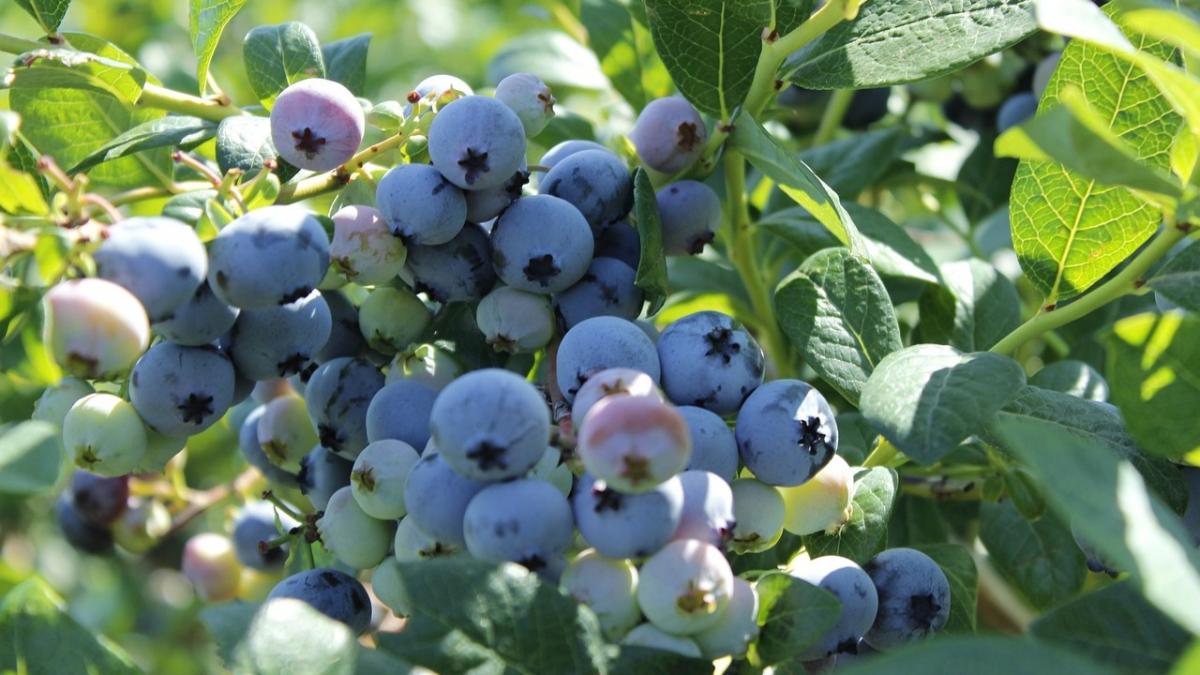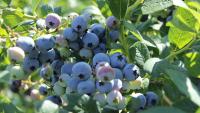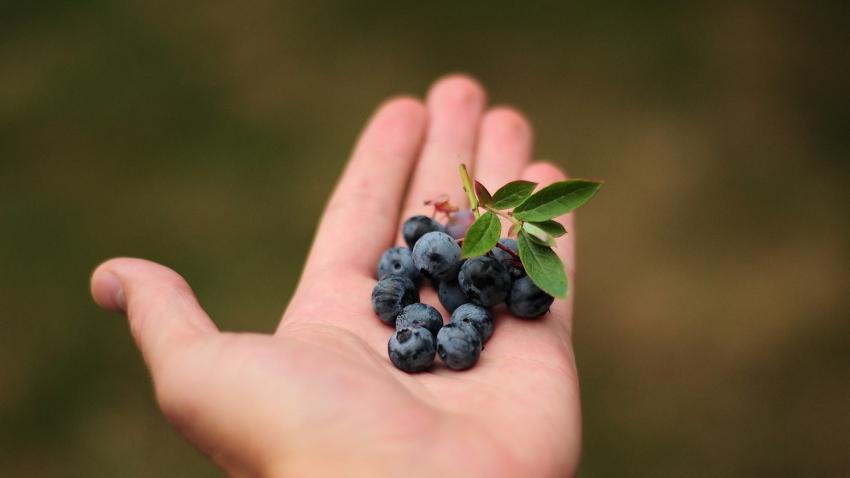You are here
Back to topFresh Serbian Blueberries Gain Access to Chinese Market

A new free trade agreement between China and Serbia is poised to officially take effect on July 1, with China expressing a willingness to expand its imports of high-quality Serbian agricultural products. Following a state visit by President Xi Jinping to Serbia on May 7 and 8, the General Administration of Customs of China announced via its website that fresh blueberries from Serbia meeting the stipulated phytosanitary requirements would be permitted for import into China. This development makes blueberries the second Serbian fresh fruit to gain access to the Chinese market, following permission being granted to fresh Serbian apples in October 2023.
Serbia is one of Europe’s largest blueberry producers and agriculture is a major contributor to the Eastern European country’s economy. The Serbian blueberry season runs from early June to October, yielding an annual output of approximately 7,000 metric tons. Owing to technological advances, the Serbian blueberry sector has experienced notable growth in recent years, with the Netherlands, Russia, Germany, Poland and the United Kingdom its top five export markets.
According to the GACC announcement, China has identified a total of 10 quarantine pests of concern. These include the Mediterranean fruit fly (Ceratitis capitata), blueberry aphid (Ericaphis scammelli), Godronia canker (Godronia cassandrae), blueberry leaf mottle virus, blueberry scorch virus, blueberry shoestring virus, tobacco ringspot virus, tomato ringspot virus, the fungal pathogen Monilinia vaccinii-corymbosi and the bacterium Pseudomonas syringae pv. syringae.
Orchards wishing to export fresh blueberries to China must comply with good agricultural practices and integrated pest management techniques. Packing facilities should maintain high standards of hygiene for packing and refrigeration areas and implement measures to prevent pest recontamination, such as installing insect-proof nets. During the packing process, blueberries destined for China must undergo procedures such as sorting, grading and the removal of damaged fruits to ensure that shipments are free from insects, mites, rotten fruits, branches, leaves, roots and soil.
Another mandatory requirement is cold treatment, which must be performed either prior to shipment or during transit. Approved cold treatment regimens include a pulp temperature of 1.11 degrees Celsius or below for at least 14 consecutive days, 1.67 degrees Celsius or below for at least 16 consecutive days, and 2.22 degrees Celsius or below for at least 18 consecutive days.
Image: Pixabay
This article was based on a Chinese article. Read the original article.















Add new comment